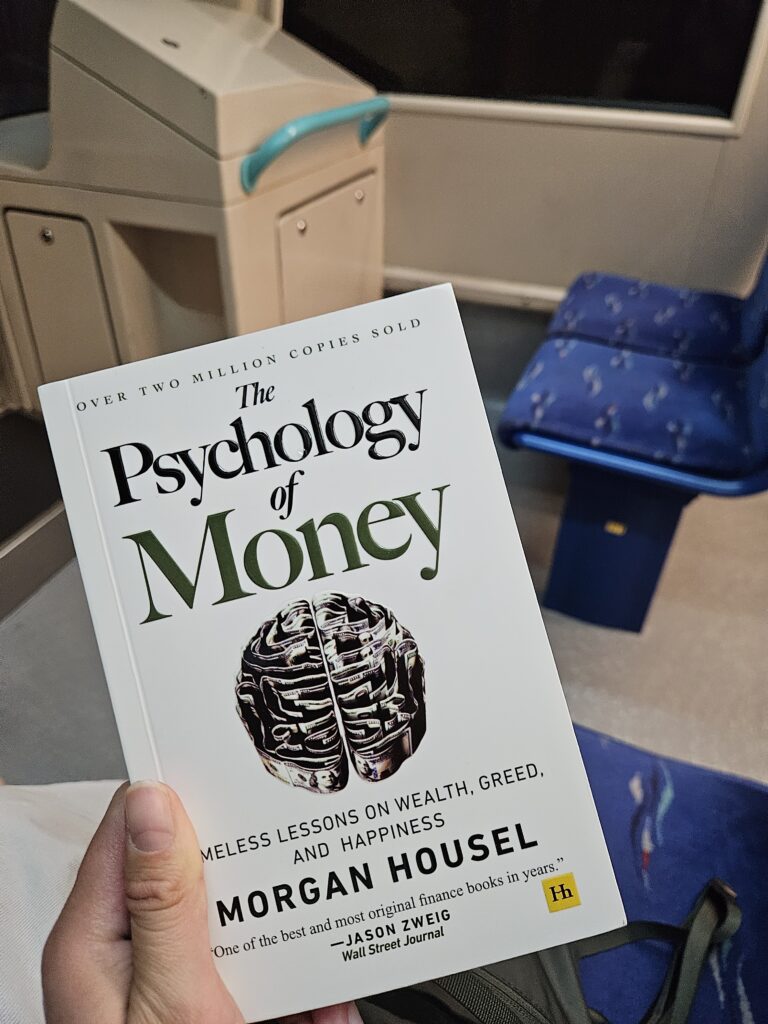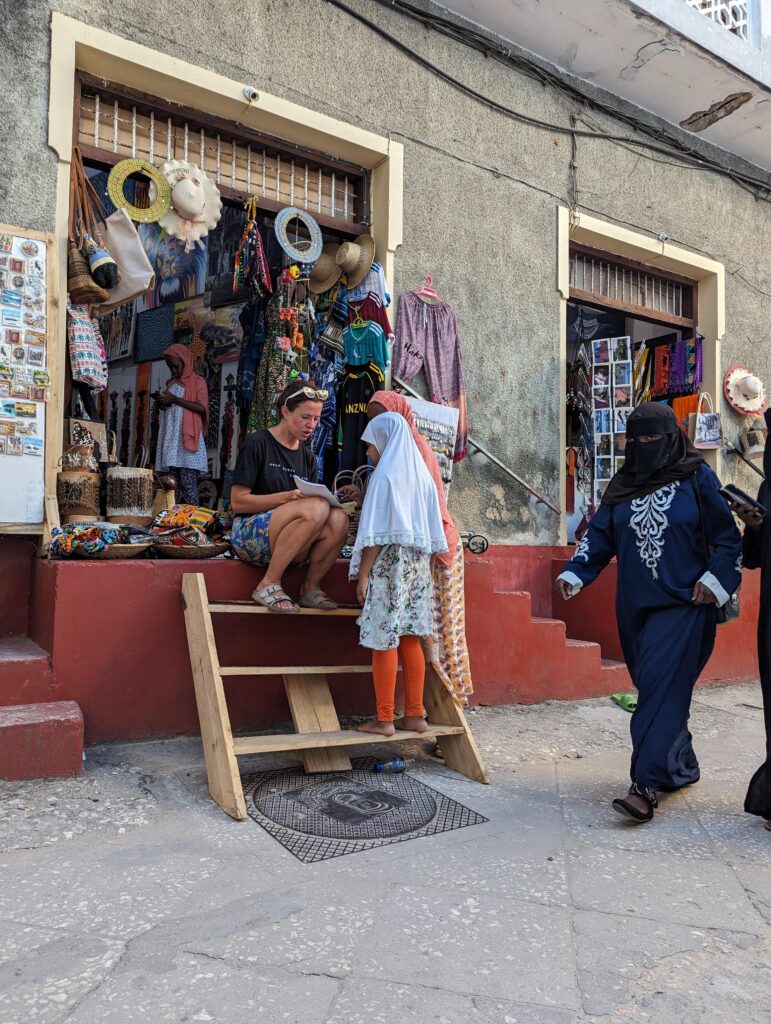Every time I visit my hometown, I have this conflicting feeling: I’m glad I left and get to experience and build things that most people there never dreamt of, but then I think – maybe a life in a small town where everything is familiar, and everyone knows everything about everyone else is a key to a peaceful life. Maybe this pursuit of happiness on unfamiliar grounds through failure after failure is an individualistic illusion sold to Millennials – that we can be whomever we want? A dream, that we can build our destiny, create a successful business with no prior connections or wealthy parents.
But the stats suggest otherwise:
- Around 90% of startups fail, according to studies by Forbes and Fortune.
- A report by Shikhar Ghosh, a Harvard Business School lecturer, shows that 75% of VC-backed startups fail.
- Research by CB Insights shows that 70% of upstart tech companies fail – 20% in the first year, 50% after five years, and 70% by their 10th year.
Maybe this whole entrepreneurship thing is just another trend, like a fashion or a diet one. Maybe now it’s cool to start your own thing, where cult of individualism is valued at all costs, but at some point people will get tired and switch back to preferring more established environments? Frankly, I can’t imagine that, but I guess that’s the thing with trends and living in different economical cycles. We always think our current way of living is the smartest one.
Even with something so simple as drinking habits and sense of sophistication. Nowadays, French and US Gen Zs can’t imagine drinking alcohol and see it as the ultimate evil (thanks to that vineries have a serious problem with the demand) but majority of older generations can’t imagine not to have an aged glass of wine paired with a fine dining.
There is also another prediction that thanks to AI, we’ll soon have a $billion + companies founded and operated by just one person team. I wonder how will this distort our sense of belonging and where will we seek alternatives to work colleagues.
Maybe the inequality gap will widen even further when those who will take advantage of AI will become even more powerful and rich, and any attempt to steal a bit of their cake will end up badly for the 99.99% of the rest of us. And those people will have no choice but to work for somebody else or resort to some sort of UBI.
Time (and so, an exponential growth of computing power) will tell.





Tough luck.
I’ve just finished reading “Psychology of Money” by Morgan Housel, and one aspect he explores is a massive role that luck and risk play in our financial success. No matter how hard you try to “create” your own luck through grit and perseverance, sometimes you’re just not in the right place at the right time. Housel highlights how factors completely outside your control – being born in a certain era, geographic location, family circumstances – have an oversized impact on the opportunities available to you.

I know that success has many different forms and means different things to different people, but for the simplicity, I assume it is reflected in gaining good reputation and influence in your circles and/or generating financial wealth.
The data is brutally demotivating.
Whether we’ll have a strong head start is largely dictated by the Birth Lottery – where over 60% of a person’s income depends on their country of residence and other circumstances entirely outside their control. A child born into the poorest 10% of households in the U.S. has just a 3.5% chance of making it to the top 20% of income earners as an adult.
I was in Tanzania a couple of months ago.
Women there have many children, as more kids usually means cheap (near to free) labour. Most kids help in a family business and just hang out, trying to accost passers-by to their stores or little restaurants. While in theory all kids attend school, none of those kids have a role model they can learn from and lean on. In fact, official 2022 data revealed that 56,361 students and 53,932 students dropped out of school, making the classes the epicentre of the dropout crisis in the country. When the ground is burning under your feet, you don’t think long term. You try to find quick fixes to earn a living.

Even among those who find success, Survivor’s Bias causes us to focus only on the handful of winners while ignoring the vast numbers who failed despite taking similar risks. Out of 25,000 VC-funded startups between 2004-2019, only 25 (0.1%) produced returns over $1 billion. In the late 90s tech boom, just 4% of IPOs accounted for 95% of the total returns. You can read screaming “overnight success” stories left and right in the media, but failure doesn’t convert in clicks.

The risks and obstacles just keep getting larger the longer you persist and grow in the game. For those who do achieve wealth, there is Sequence Risk. Overcoming each one takes every ounce of your resourcefulness and determination. But if you master the level, make it through the battles, there’s another, even bigger challenge waiting around the next corner.
Investors with identical portfolios over 1973-2018 saw ending wealth differ by over 3x simply due to the luckiest versus unluckiest sequence of returns. Then there are the unavoidable Black Swan events that can wipe out fortunes in an instant – like the $28 trillion household wealth destruction in 2008 or 100 million people pushed into poverty by COVID in 2020.
No strategy can plan for every crisis.
Ultimately, many of the most colossal success stories involve massive, undiversified bets and leverage gambles that sometimes happen to pay off.
Suck it up.
So while skill, process, and hard work are essential ingredients, luck dictated by birth circumstances, economic shocks, timing and risk concentrations are often the deciding factors separating the biggest financial winners and losers in the long run. And so I wonder… were today’s grumpy, risk-averse, complaining elders just like us optimists in their youth? Did they simply get beaten down by unlucky events, despite trying just as hard as people like myself?
I don’t want to become them. My story will be different (thinks Everyone).
If so much is out of your control, determined by cosmic chance, then perhaps the peaceful life back home surrounded by what may not be the most exciting but at least is well-known isn’t such a bad idea after all?
Maybe I’m naive, but I can’t buy into it.
While luck certainly plays a massive role, I want to believe that we create opportunities for ourselves through our choices, our perseverance, our willingness to adapt. The pursuit of something greater, even if the odds are stacked against you, is self-fulfilling in itself.
Over the years I’ve learned that if you don’t believe in yourself, it’s hard for others to give you opportunities. No one lands the promotion by taking a seat at the corner table. We have to feel self-confident and adequate (and when we still do not, at least we should say “yes” to opportunities and learn on the go).
It’s not about how big your network is, but it’s about the quality of your network. People often emphasise the importance of networking but confuse networking as the exchanging business cards. For me, It’s about the value you add to the people around you and how much they value you. You have to give before you get and bring something unique to the table. Reciprocity rule will take care of you.
I’m an eternal optimist who believes negativity like gossip and divisive politics drains productivity. There’s nearly always a peaceful way to resolve conflicts through positive interactions and open minds. Surrounding ourselves with positive energy leads to more collaborative, successful projects. Life is too precious to get bogged down – every day is a chance to spread more light 🙂
And lastly – it’s all about people.
There is no such thing as a “self-made man”. We are made up of thousands of others. Everyone who has ever done a kind deed for us, or spoken one word of encouragement to us, has entered into the makeup of our character and of our thoughts, as well as our success.’
said once the writer George Matthew Adams.
I have realised that doing great work is one thing, but having the support of someone powerful who has a seat at the decision making table and who gives you visibility and advocates for your work is equally important. Or someone who’s many steps ahead of you, who can show you a shortcut avoiding the same mistakes.
You simply can’t get many such opportunities when you’re stuck in your own little world, with your imagination subdued by familiarity and soaking other people’s fear of unknown.
Maybe the ultimate key is to hold both perspectives – embracing the peace of what is familiar, while still dreaming ambitiously and putting in the work to forge your own path. With that balanced mindset, perhaps I can find fulfilment wherever life takes me?
Or maybe I’m just overthinking
(again).



![Start-ups and start-downs [Evoque Journey] louveciennes @flickr](https://hankka.com/wp-content/uploads/2013/09/bfast.jpg)
![What are you afraid of? [Evoque journey] Donnie Nunley @Flickr](https://hankka.com/wp-content/uploads/2014/02/12331672305_9d924d76b0_z.jpg)

